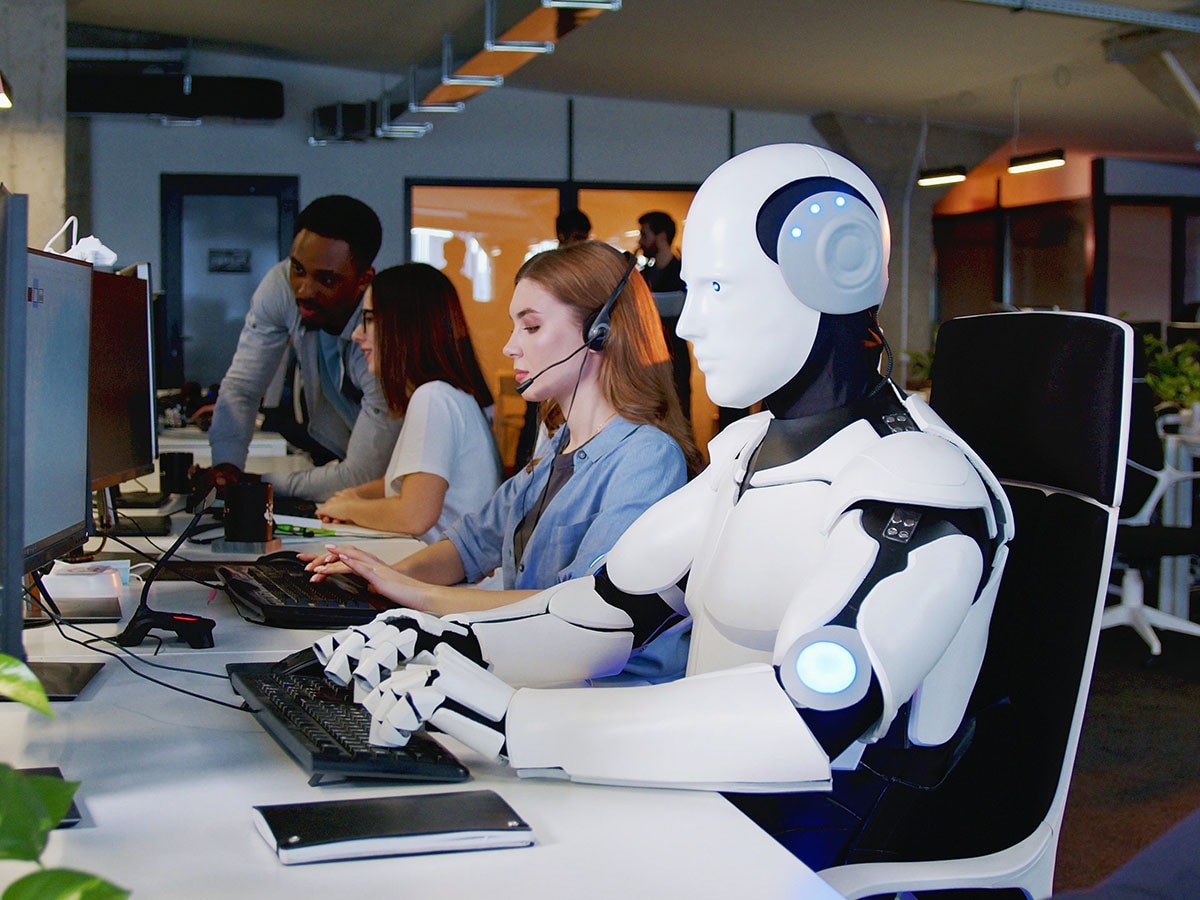Is AI ready to replace humans?
The debate on AI's pace of development and its eventual impact on humanity is ongoing
 AGI poses existential risks, including the potential extinction of humanity
Image: Shutterstock
AGI poses existential risks, including the potential extinction of humanity
Image: Shutterstock
Artificial Intelligence (AI) represents one of the most significant technological advancements since the digital computer. Despite its profound impact, many people remain uncertain about its implications. Opinions vary from dismissing AI's significance to fearing its potential to dominate the world and endanger human existence. Central to this debate is Artificial General Intelligence (AGI), a future form of AI that could potentially match or surpass human abilities. This article aims to provide a framework for understanding AI's progression toward AGI and to offer insights into when AGI might be realised.
The timeline for achieving AGI is a subject of intense debate among experts. Some predict it could happen within a few decades, while others believe it may take a century or remain unattainable. Ray Kurzweil, a renowned futurist, predicted in 2017 that computers would reach human-level intelligence by 2029. However, many AI researchers remain sceptical about the feasibility of AGI.
If AGI is realised, it could bring numerous benefits to humanity. It might address global challenges like hunger, poverty, and health issues, enhance productivity and efficiency in various jobs, accelerate medical research, provide personalised education, and aid in making informed decisions to prevent disasters.
Conversely, AGI poses existential risks, including the potential extinction of humanity. Elon Musk warned, "With artificial intelligence, we're summoning the demon," while Stephen Hawking noted that full AI development could end the human race, as it might evolve autonomously beyond human control.
The debate on AI's pace of development and its eventual impact on humanity is ongoing. A critical question is what "replacing humans" truly means. AI is already replacing humans in tasks like writing and editing text. However, achieving AGI requires more than processing vast amounts of data; it necessitates replicating human sensory perception and cognition.
[This article has been reproduced with permission from the Indian School of Business, India]
















